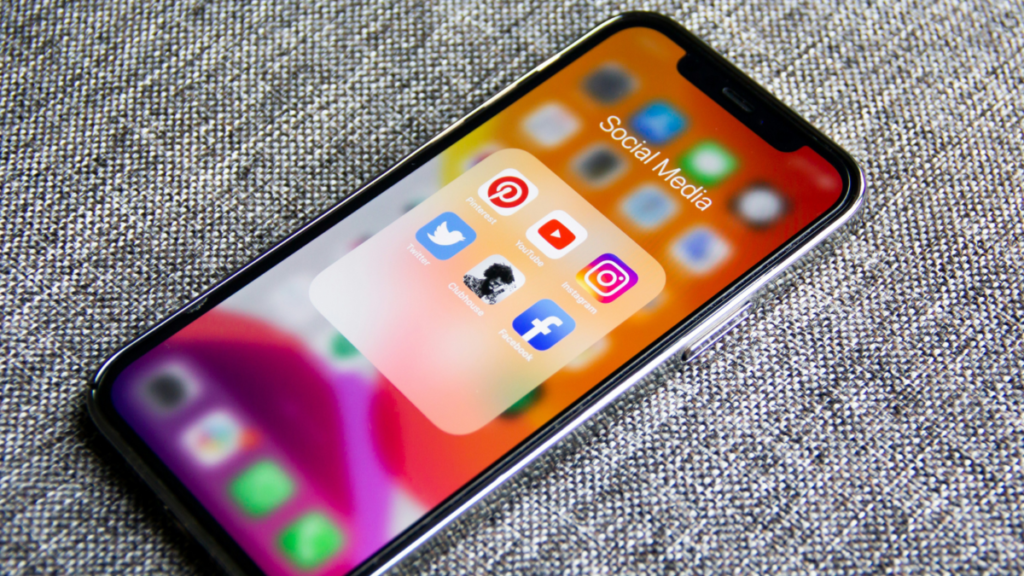How to choose a marketing budget mix between paid and organic search

Photo by Adem AY on Unsplash
Opinions expressed by Digital Journal contributors are their own.
When marketing your business online, you’ll most likely be using paid and organic search. Paid search typically consists of Pay-Per-Click (PPC) ads that you run on various platforms, like Google Ads, Instagram, Facebook, and X (formerly Twitter). PPC ads are displayed to people matching the audience you define ahead of time based on demographics and other characteristics. As long as you run these ads, people will see them, click, and you’ll get traffic.
On the other hand, organic search is powered by search engine optimization (SEO), which aims to increase your website’s visibility in the search engine results pages (SERPs) that people see when they search for certain terms related to your business. Organic traffic can come from a few different places, like word of mouth, people who click your backlinks on other websites, and organic search results. However, organic search is by far the most sustainable.
Your business needs both paid and organic traffic to thrive, but since both forms of traffic cost money, you need a plan to divide your budget between the two. However, despite what you may have heard, one is not better than the other. Both are complementary, and it’s crucial to use a mix of both. There is no set way to split your budget, so you’ll want to optimize your spending according to your individual needs.
If you’ve been wondering how much money you should spend on paid vs. organic search, this article will help you sort that out.
Search visibility is always a priority
The first factor to consider is the necessity of search visibility. At all times, you should have a significant portion of your marketing budget invested in ongoing SEO because getting a steady flow of traffic from organic search results will help you build a sustainable presence online in your industry.
In other words, organic search traffic will flow on its own once you get it going. Unlike paid search, your traffic won’t disappear the minute you stop paying for ads. This is an ideal method for generating traffic because once you get it going, it takes less effort to maintain. This is in contrast to paid ads, which require constant spending to get traffic. It’s the difference between renting (paid) and owning (organic).
There are many factors that you need to consider before setting an SEO budget, but in general, most businesses spend 5% to 10% of their revenue on SEO services or around 25% of their paid ad spend.
Although you need both, paid ads only convert at around 2-3%, while organic traffic has a 14.6% conversion rate, on average. It takes time to build a strong, high-ranking presence in the search engines, so SEO should be ongoing. If something happens and you need to adjust your budget, it’s better to pause your paid ads than stop your SEO campaign.
To get organic search traffic, your website needs to be found in search results, which means your site needs to rank. Working with a professional marketing agency, like MARION, is a great way to make that happen. If you aren’t sure how much money you should allocate to SEO, a professional marketing agency can help you make that determination.
Consider the urgency of getting traffic
In a market with highly competitive keywords and phrases, it will take longer to start generating organic traffic from search engines through SEO. In the meantime, if you need sales and leads now, you can bring in more immediate traffic by allocating a larger portion of your budget to paid ads.
If you’ve never run paid ads before, or you feel intimidated by the process, you can hire someone to handle it for you. A professional marketer will help you build an effective digital marketing campaign that uses different means of content that gets you sales, leads, and any other conversions you’re looking to garner.
Consider your competition
Your competition is another factor that will determine how much you spend on paid ads and SEO. If your competitors are showing up on the first page of search results, you’ll need to get on the first page, too. In this case, you can go harder with SEO, but spending more on paid ads will help in the meantime. When you buy ads on search engines like Google, your ads will show up at the top of the search results page before the organic results. This will give you search visibility without having to rank. It’s basically a shortcut for generating search traffic.
Spending more doesn’t guarantee better results
Ultimately, how you allocate your budget should be determined based on how fast you want to see results. SEO is a long-term game, while paid ads are a quick way to generate immediate traffic. Both are essential, but if you want to get ahead faster, you’ll need to spend money.
In either case, make sure your money is spent wisely based on your needs.
How to choose a marketing budget mix between paid and organic search
#choose #marketing #budget #mix #paid #organic #search





